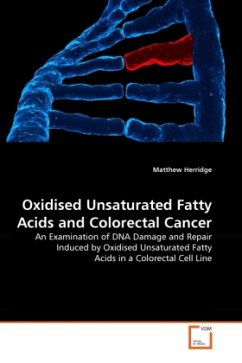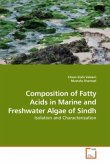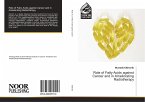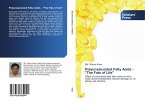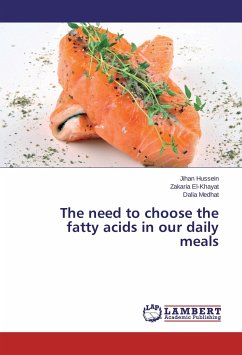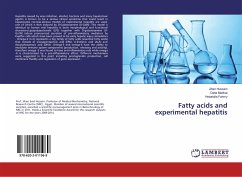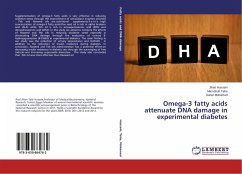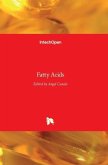Colon cancer is one of the most commonly diagnosed cancers in developed countries. The acquisition of multiple somatic mutations within colon cells is the precursor to malignant colon cancer, yet the links between environmental factors and colon cancer have not yet been fully elucidated. Poly unsaturated fatty acids (PUFAs) are common in many foods and have been implicated as having a role in colon tumourgenesis. This project aims to look at the in vitro effects of exposing the colorectal cell line CRL 1807 to oxidised PUFAs. To analyse the effects these oils have upon colon cells, this projects uses a combination of MTT assays to look at the effect upon cell viability and comet assays to assess the levels of DNA damage and repair. The data produced from this project shows that a mixture of oxidised unsaturated fatty acids methyl linoleate and methyl linolenate induces DNA damage at levels as low as 1µl of a 5µl:995µl PBS extract. It goes on to hint at the fact that the cells arenot able to fully repair the DNA damage induced by these oils and could therefore be implicated in the development of colon cancer.

